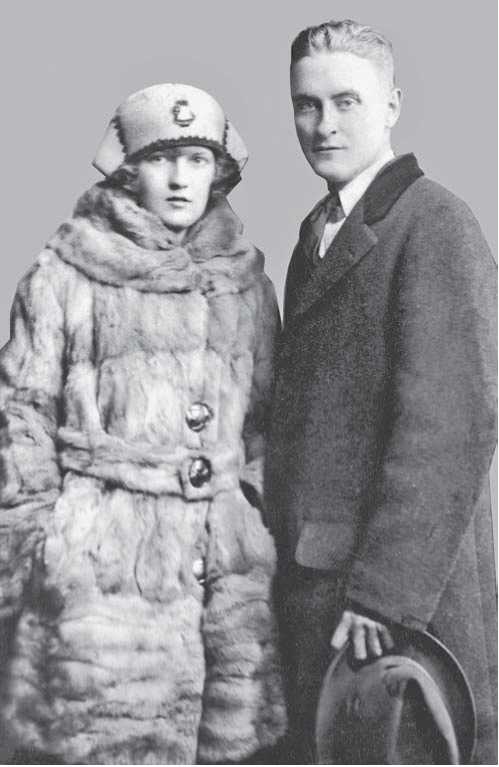No group of artists and intellectuals had a greater impact on early 20th-century American literature than the group that came to be known as the Lost Generation. Associated with the alienation over World War I, they became disenchanted with crusades at home and abroad. They saw the failures of America’s involvement in the war and its futile Prohibition effort at purging alcoholic drink as symptoms of a society that was sick. The Lost Generation also embraced trends toward MODERNISM and rebelled against literary convention.
Gertrude Stein coined the term, “the Lost Generation,” in reference to the young Americans who had survived World War I. In an epigraph to Ernest Hemingway’s The Sun Also Rises, she noted, “you are all a lost generation.” The perceived futility of the war led a growing number of Americans to abandon WoODROW WiLSON’s idealistic vision of a world that was safe for democracy. The magnitude of the war effort and its human cost undermined faith in government and society. Americans increasingly saw the war as a cruel hoax in which Americans were betrayed into suffering and death. The young Americans who went off to fight did not come back as heroes. They came back as poor duped innocents whose sacrifices were in vain. The Lost Generation symbolized and championed this growing sense of disillusionment.
These young writers were one of the first artistic cohorts to be viewed as a distinctive generation. What made them distinct was that their youth coincided with the war and the great influenza outbreak. Those living in the 1920s were divided into separate and distinct categories. There were those who came of age before, during, and after the war. Most of the men termed members of the Lost Generation came of age in the immediate postwar period. They challenged the path that the previous generation had trod.
Ernest Hemingway (1899-1961) was one of the most celebrated of the group. His 1929 novel, A Farewell to Arms, summed up the emerging attitude toward war. The hero of the story was not a man who won his acclaim on the battlefield. It was his disdain for the conflict that made him a hero. His defining act, which Hemingway applauded, was abandoning the war effort in search of love with a nurse that he met in a war hospital. The needs and the wants

F. Scott Fitzgerald and Zelda Fitzgerald (Hulton/Archive)
Of the individual seemed to trump that of an undefined conflict.
John Dos Passos (1896-1970) and Edward Estlin Cummings (E. E. Cummings; 1894-1962) were two other notable men who were considered members of the Lost Generation. In Dos Passos’s great trilogy, USA (1937), he depicted American life up to 1929. He shared Hemingway’s concern for the direction of society. In USA he attacked American materialism, pettiness, and hypocrisy. In a similar fashion, Cummings used poetry to challenge what he saw as restrictive convention. He challenged all accepted conventions, even language and punctuation. Using wit and satire, he challenged social norms and customs. Both writers shared the conviction that crusading idealism was not the solution.
More than any other novel, F. Scott Fitzgerald’s The Great Gatsby came to define the literary movement. Jay Gatsby, the book’s protagonist, attempted to win the love of a woman whom he admired by attaining immense wealth and fortune. When he achieved all that he aspired to, he finally realized that the world is built on fraud, cruelty, and deception. This world, which he adopted in the pursuit of wealth, eventually killed him. The book was a fitting metaphor not only for the times, but also for the life of Fitzgerald himself. He was immensely popular and achieved the acclaim of which others merely dream, but it was not enough. He longed for substance and meaning.
Many of the members of the Lost Generation abandoned the United States in search of meaning. Some moved to France. As a result, Paris became the home for many American writers. Others found their sanctuary in the primitive surrounds of the American West. No matter how far they moved from the society that seemed to alienate them, they could not escape. The world war and its consequences haunted society and reshaped American culture.
See also LITERATURE; MODERNISM.
Further reading: John Dos Passos, USA (New York: Library of America, 1996); F. Scott Fitzgerald, The Great Gatsby (New York: C. Scribner’s Sons, 1925); Ernest Hemingway, The Sun Also Rises (New York: C. Charles Scribner’s Sons, 1953).
—Steve Freund




 World History
World History









